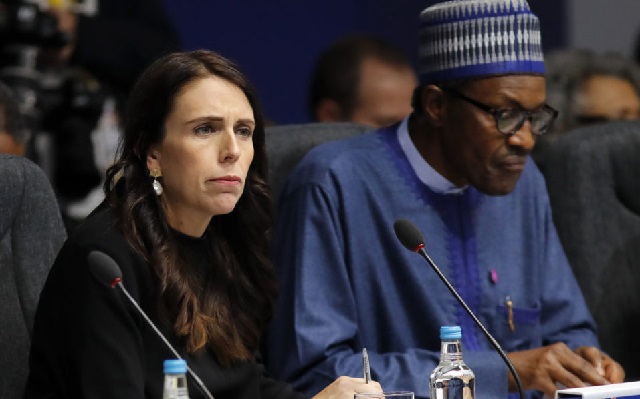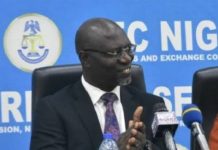
Nigeria’s President Muhammadu Buhari came under fire on Thursday for criticising youths who he said “do nothing” and want everything for “free” in the oil-rich country.
Buhari, who declared earlier in April he is seeking re-election in 2019, made the remark on Wednesday at a business conference in London.
“A lot of them haven’t been to school and they are claiming, you know, that Nigeria has been an oil producing country therefore they should sit and do nothing and get housing, health care, education, free,” said Buhari.
The comment touched a nerve West Africa’s largest economy, which suffers from high unemployment and lacks basic government services, including running water and electricity.
Most business and homes rely on private generators for power and buy water privately.
Former Nigerian vice president Atiku Abubakar, who is also running for president, lambasted Buhari.
“I will never refer to Nigeria’s youth as people who sit and do nothing,” he said in a statement posted on Facebook, adding that youth are the “backbone” of the country.
Another presidential hopeful Adamu Garba said Buhari was being “humorous with our national pride”.
The Daily Post newspaper said the 75-year-old former general was “attacking” youth and the Daily Trust accused him of calling them “lazy”.
On Thursday morning, the hashtag #LazyNigerianYouths was trending on Twitter, with young Nigerians blasting the government.
“The government never created anything for me, I feed from my hustle and yet they say we are lazy,” said one tweet.
Nigeria’s combined youth unemployment and underemployment rate hovered around 50 percent in late 2017 following the country’s worst economic recession in 25 years.
Nigeria came out of recession last year but growth outside the lucrative oil sector remains tepid, constrained by a lack of education and infrastructure.
Nigeria is home to more than 180 million people, with 63 percent of the population living below the poverty line, according to the IMF in a March 2018 report.












